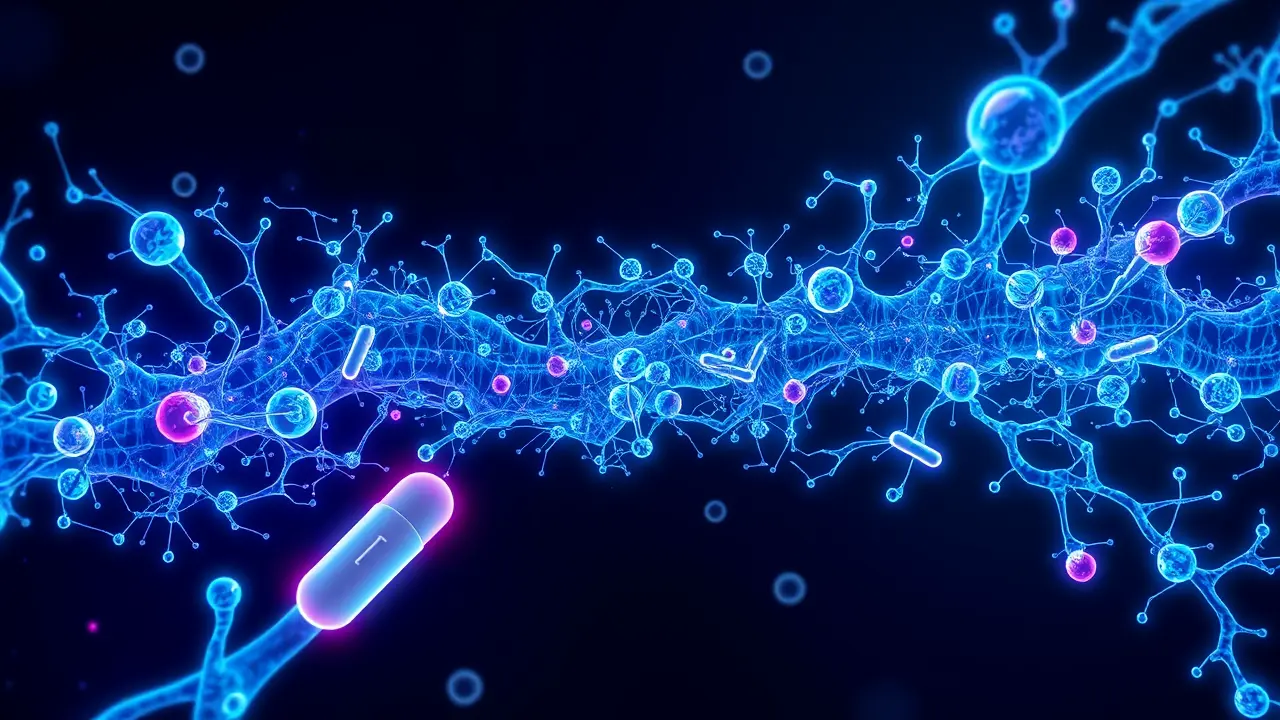Common medications may secretly rewire your gut for years
In the intricate, interconnected ecosystem of the human gut, a silent and long-lasting transformation is underway, one initiated not by diet or disease, but by the very medications we trust to heal us. Groundbreaking research emerging from the analysis of over 2,500 Estonian Biobank samples has uncovered a startling ecological legacy: drugs consumed years, even decades, ago can leave permanent fingerprints on our gut microbiome, fundamentally reshaping the community of trillions of bacteria, fungi, and viruses long after the last pill is swallowed.While the disruptive power of antibiotics on our internal flora has been a known, if concerning, fact, this new science reveals a far more insidious and widespread phenomenon. The very pills designed to steady our hearts and calm our minds—common antidepressants, beta-blockers, and anti-anxiety medications—are now implicated as clandestine engineers of our gut ecosystems.This isn't a transient disturbance; it's a profound rewiring, a shift in the biological bedrock that can persist for a lifetime, altering not just digestion but potentially influencing our immune system, mental health, and overall physiological resilience. The findings are particularly nuanced, showing that even drugs within the same pharmaceutical class can exert wildly different pressures on microbial populations, suggesting a complexity we are only beginning to fathom.It forces us to confront a paradigm where a course of treatment for a temporary condition could enact a permanent, unintended change in our internal world, a change with consequences we are ill-equipped to predict. This echoes the sobering lessons from environmental science, where a single introduced species or chemical pollutant can irrevocably alter a forest or a watershed; our bodies are no different.The gut microbiome is a delicate, co-evolved rainforest within us, and these medications are acting like silent, slow-moving bulldozers, their tracks still visible years after they have left the site. As we grapple with the rising tide of chronic inflammatory diseases and mental health disorders, this research compels a urgent re-evaluation of pharmaceutical impact, moving beyond immediate side-effects to consider the long-term ecological cost within. The prescription pad, it seems, holds power not just over our cells, but over the vast, ancient civilizations of microbes that call us home, and we are only now learning to read the historical records they have left behind.
It’s quiet here...Start the conversation by leaving the first comment.
© 2025 Outpoll Service LTD. All rights reserved.
